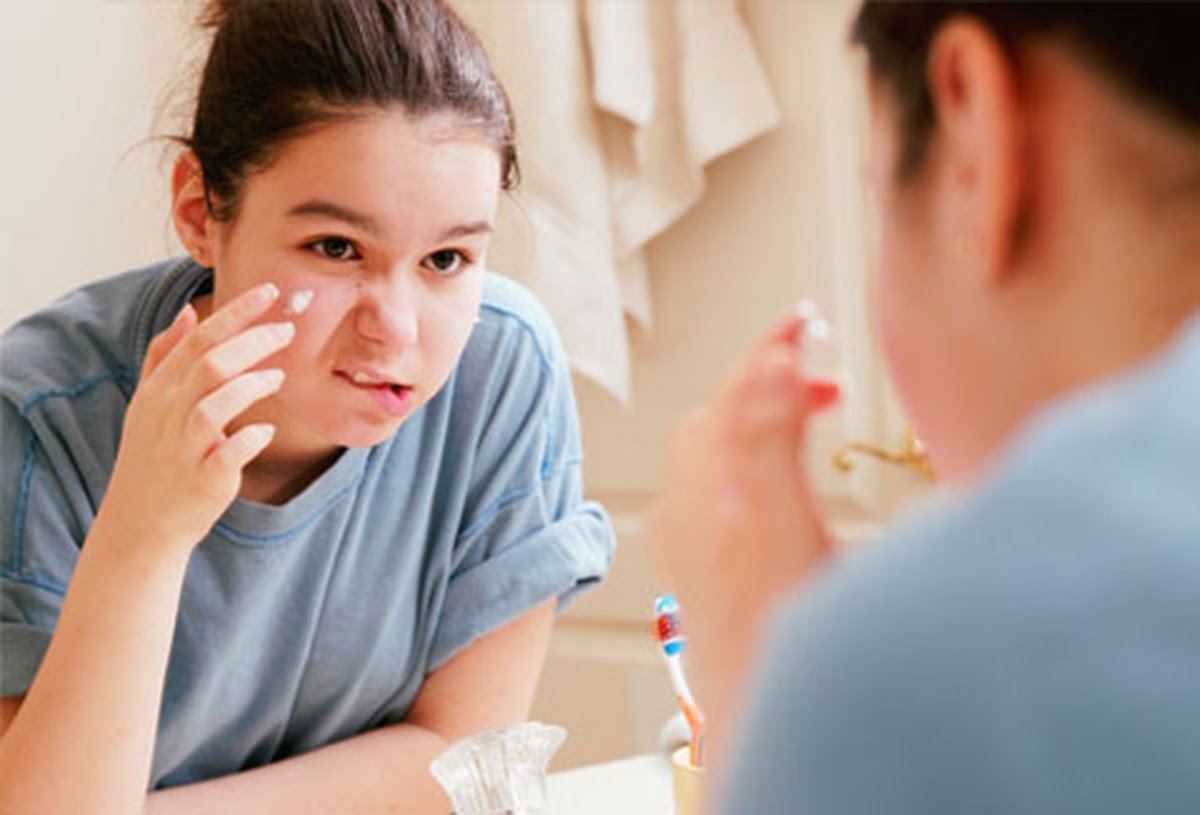Acne is a long-term skin condition caused by the clogging of hair follicles by oil and dead skin. This causes blackheads, pimples, and whiteheads. Although acne is a common skin condition for adults and teenagers, it can leave scars and negatively influence a person’s self-esteem if it is not treated correctly. The acne treatment usually depends on the type of ace one is suffering from. Therefore, it is crucial to determine the type of acne when choosing the ideal treatment. Below are some common types of acne and acne treatments.
CYSTIC ACNE
This is the most severe type of acne in existence. It is mainly caused by infections deep within the skin. Cystic acne typically features large, red, and inflamed cysts often filled with pus. In most cases, the cysts are soft, and they can burst, causing infections on the surrounding skin because of the pus.
TREATMENT FOR CYSTIC ACNE
Since cystic acne is a severe form, it is often difficult to treat. This is why it is recommended that people with this type of acne visit dermatologists. Below are some treatment options for cystic acne;
- Medications- pills like isotretinoin and antibiotics can help treat cystic acne. Topical retinoids, Aldactone, and birth control pills can also help fight acne by reducing androgen levels in women. Note that in some cases, cystic acne may require multiple medications.
- Injections- some dermatologists may recommend injecting the cysts with steroids to treat them. This treatment is used for stubborn cysts that do not respond to other treatments or medication. The steroid injection helps get rid of the inflammation.
INFLAMMATORY ACNE
This type of acne causes swelling and inflammation. The clogging of pores with bacteria mainly causes it. Inflammatory acne can occur in the form of papules. These are inflamed blemishes that resemble red bumps on the skin. They can also appear in the form of pustules. Pustules are typical pimples with white-coloured heads containing pus, dead skin cells, and excess oils. They mainly occur on the face, back, and shoulders. Sometimes, they also develop in nodules, large inflamed lesions that often feel hard and painful. Nodules are usually buried in the skin, are very painful, and contain pus.
TREATMENT FOR INFLAMMATORY ACNE
Below are some treatments that can help with inflammatory acne;
- Niacinamide- this treatment contains anti-inflammatory properties which help reduce breakouts, cool down inflammation, and prevent trans-epidermal water loss. The therapy also helps control oil production and moisture content on the skin because of its hydrating components.
- Tetracycline and erythromycin- are oral antibiotics that help fight inflammatory acne. They have anti-inflammatory properties.
- Isotretinoin- This is an oral prescription medication used for controlling severe acne. It is a very powerful medication that pregnant women must not use. It is primarily recommended in cases where other treatments have not produced results.
COMEDONAL ACNE
This common yet often misunderstood form of acne causes bumpy skin, blackheads, and non-inflamed blemishes. Comedonal acne occurs when hair follicles are blocked by sebum and dead skin cells.
TREATMENT FOR COMEDONAL ACNE
Below are some treatment options for this form of acne;
- Skincare- establishing a good daily skincare routine can help treat comedonal acne. However, you will only see results if you keep up the habit. More often than not, it may take several weeks to see improvements.
- OTC (over-the-counter) and prescription medications- these treatments can help with severe comedonal acne. OTC medications are those you can purchase without a prescription, and they are often ideal for mild comedonal acne.
HORMONAL ACNE
This form of acne occurs as a direct result of excess sebum in the oil glands. It is also known as hormonal acne because it is directly related to fluctuations in hormones during puberty, menstruation, and menopause. It causes bumps on the face, shoulders, chest, and back. Hormonal acne can occur in the form of pimples, whiteheads, cysts, and blackheads.
TREATMENT FOR HORMONAL ACNE
The following treatments can help with hormonal acne;
- Oral contraceptives- these treatments can help restore androgen levels, which helps relieve the symptoms of hormonal acne. Note that this treatment is only suitable for women.
- Anti-androgen drugs- these are the male form of oral contraceptives. They work by decreasing levels of the male hormone androgen.
- OTC and prescription medications- these treatments can help with mild to severe hormonal acne, respectively.
CONCLUSION
Acne can be very painful and frustrating, especially if the treatments you apply do not work. However, determining the type of acne you are suffering from will help you find the ideal treatment and find relief faster.
You may also consider adding supplements such as Dermal Repair Complex to your diet. Supplements like these are thought to improve skin hydration and elasticity, as well as decrease wrinkles.
